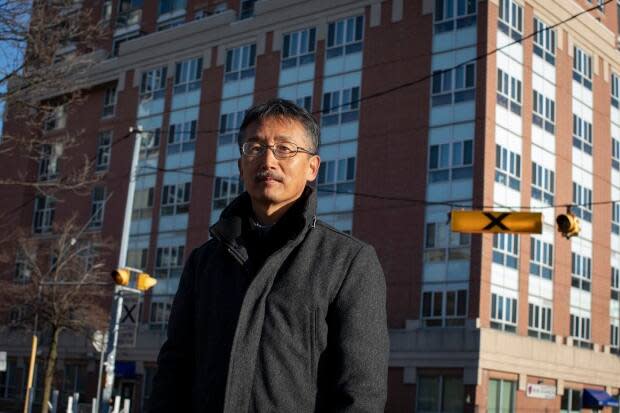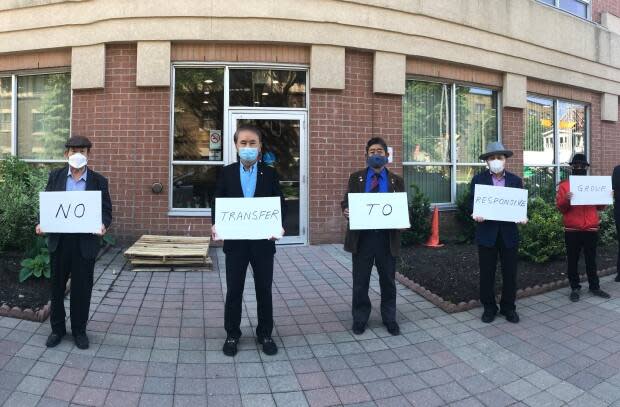Korean community group strikes deal to buy LTC home, averting sale to for-profit company

A group representing Toronto's Korean community is poised to take over the country's only long-term care facility dedicated to serving Korean seniors, averting the transfer of the home to a for-profit owner that seemed likely only weeks ago.
If approved, the deal will see Toronto's Rose of Sharon LTC purchased by the Arirang Age-Friendly Community Centre, a non-profit organization representing the Korean community.
"We will ensure that the Korean seniors can live in a community of support with exemplary care and peace of mind," said. Dr. Donald Kim, a physician and Arirang board member.
The Rose of Sharon has been in receivership for a decade due to financial struggles that arose almost immediately after the facility was opened in 2010.
Rykka Care Centres, a for-profit organization with no obvious ties to the Korean community, struck a deal to buy the home in December 2019.
The agreement sparked outrage and a campaign to block the sale and keep the home under the stewardship of the Korean community.
Families connected to the Rose of Sharon have since expressed new concerns about the proposed transfer of the home to Rykka, which has seen deadly outbreaks related to COVID-19.
The Rose of Sharon has not recorded a single case of COVID-19 among its residents or staff during the pandemic.
The transfer of the home to Arirang will still require approval from the provincial government. Ontario's Ministry of Long-Term Care said a review is still underway and that no decision has been made on the future of the home.
Home 'should be cherished,' resident's son says
While the Rose of Sharon has been mired in financial struggles for nearly its entire existence, people with elderly relatives at the home say it has still managed to provide high-quality care and culturally specific programming unavailable at other facilities.
Staff at the Rose of Sharon speak Korean, and the home celebrates Korean holidays. It also serves Korean food to its residents, who are mainly first- or second-generation Korean-Canadians.

"Such a nursing home should be cherished," said Ross Ha, whose 88-year-old mother has been a Rose of Sharon resident since April 2019.
"It should be promoted instead of being sold out to a private corporation."
Ha's mother has dementia and is losing her ability to speak English, he explained, making it critical that her caretakers can effectively communicate with her in her native language.
"They were very caring people, they were very professional," said Ha in an interview. "I can see that their attitude towards my mom, basically they were treating her as if they were treating their neighbours and relatives."
Non-profit LTCs more successful at preventing outbreaks
Fifty-seven per cent of Ontario's 626 long-term care facilities are operated by for-profit organizations, according to the Canadian Institute for Health Information, the largest share of any province excluding Quebec, where data is not available.
While deadly outbreaks have occurred in both for-profit and non-profit LTC facilities during the pandemic, advocates for the elderly say the non-profit homes provide higher quality care, on average.
Non-profit homes typically enjoy more robust funding, pay staff higher wages and have cultures that encourage volunteering more than for-profit counterparts, said Lisa Levin, CEO of the group AdvantAge Ontario, which advocated on behalf of Arirang during public hearings about the transfer of the home.
"We think that all of these factors contribute to better quality care," she said.

Levin added that non-profit organizations with ties to specific cultural groups can provide even better care when they are able to provide programming that respects the traditions, language and foods from specific cultural, ethnic or religious backgrounds.
"I think there's a lot more that the government could do to encourage community groups to develop and run not-for-profit long-term care homes," she said.

